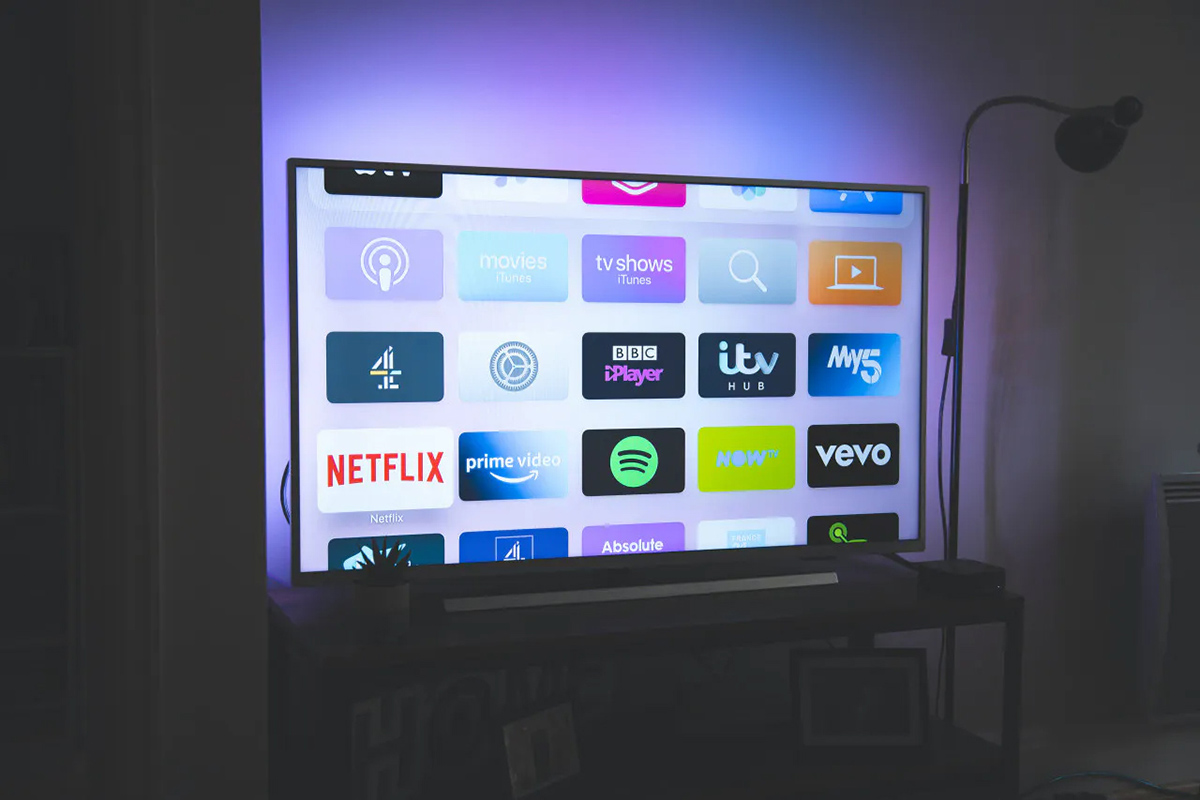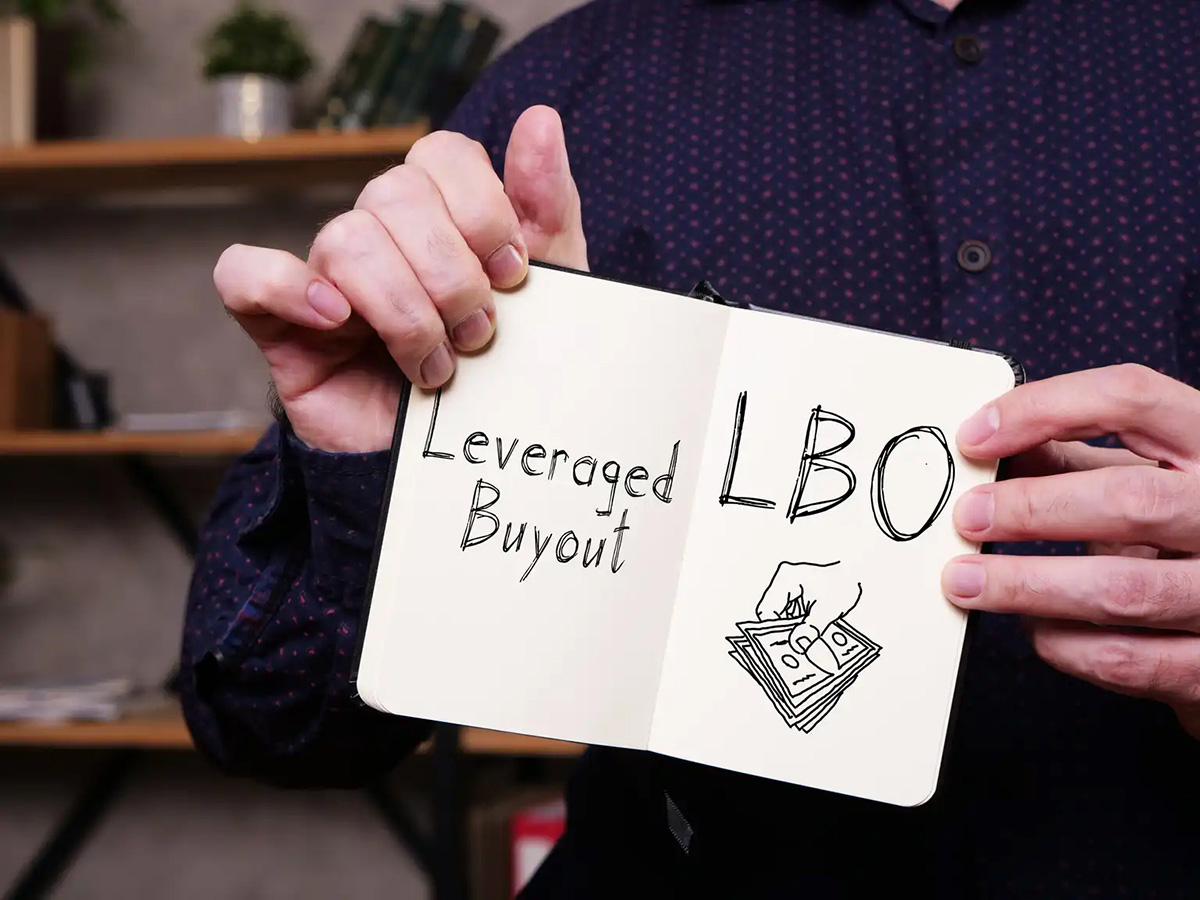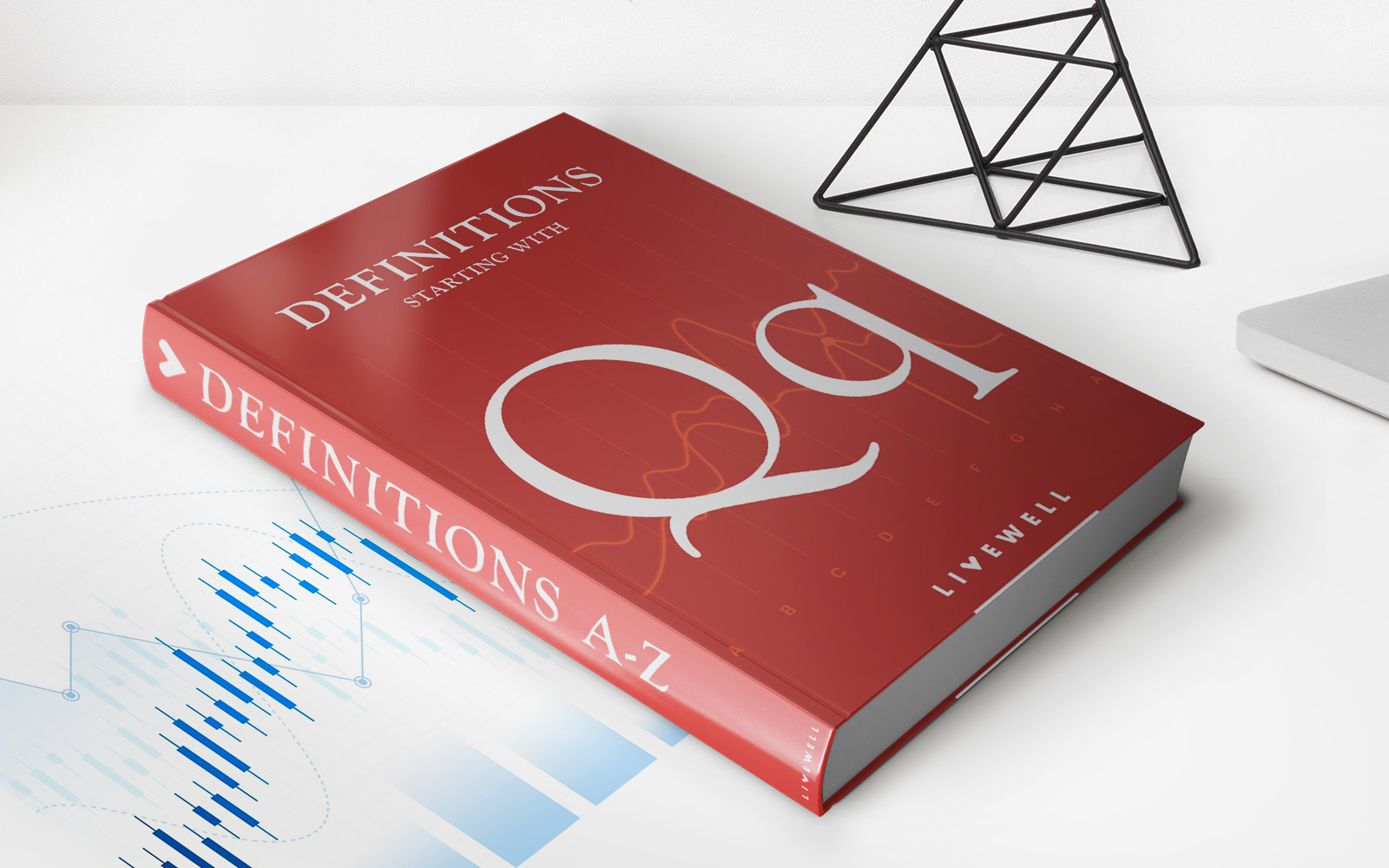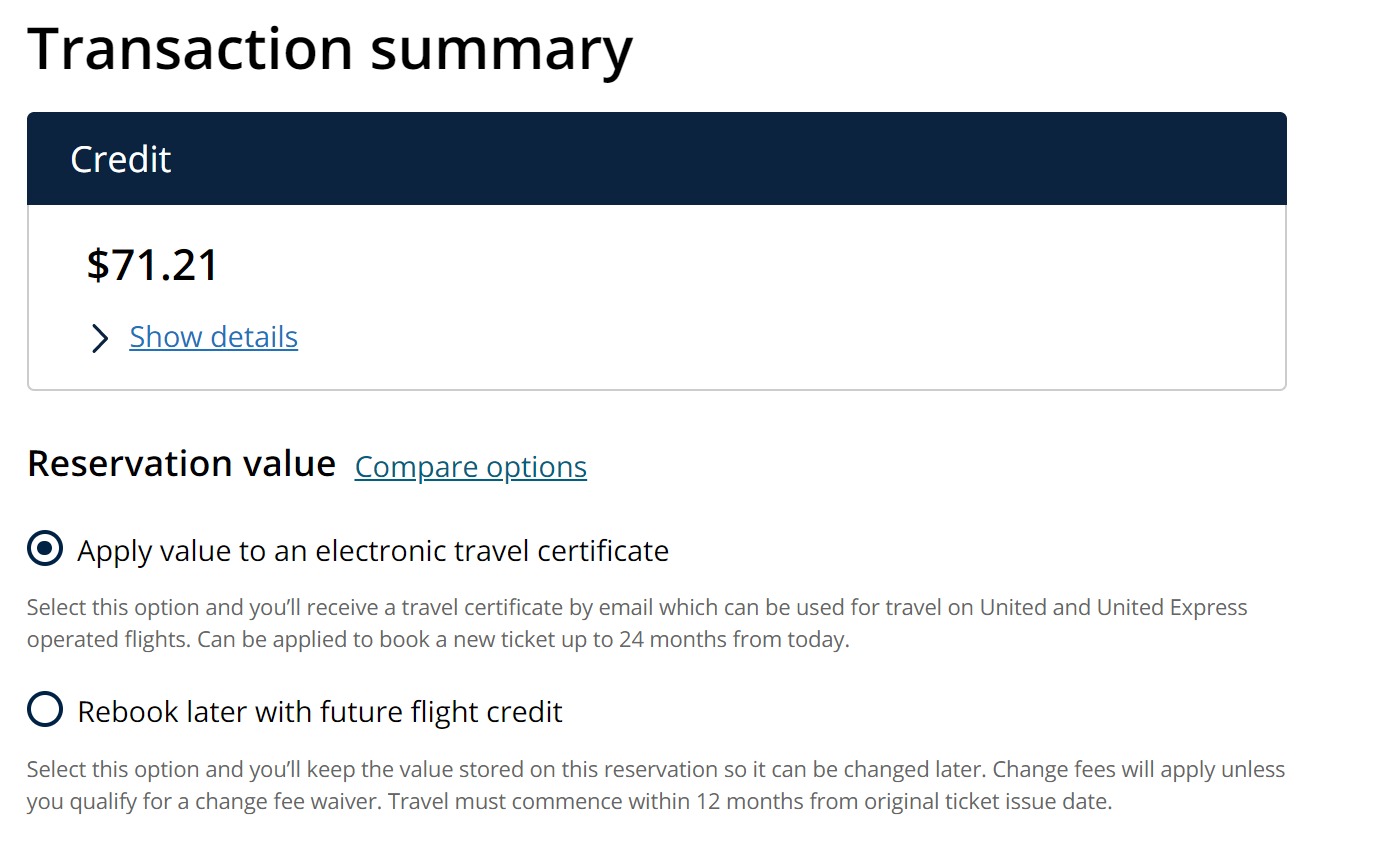

Finance
How Do Car Lease Buyouts Work
Published: December 25, 2023
Learn how car lease buyouts work and how they can be financed. Understand the process and options involved in financing a car lease buyout.
(Many of the links in this article redirect to a specific reviewed product. Your purchase of these products through affiliate links helps to generate commission for LiveWell, at no extra cost. Learn more)
Table of Contents
Introduction
Welcome to the world of car leasing! If you are currently leasing a vehicle or exploring leasing options, you may have come across the term “car lease buyout.” But what exactly does it mean? In simple terms, a car lease buyout refers to the process of purchasing the vehicle you have been leasing before the lease term expires.
A car lease buyout can be an attractive option for individuals who have grown fond of their leased vehicle and wish to keep it for the long term. It provides an opportunity to own the car you have been driving without having to return it to the dealership at the end of the lease term.
In this article, we will delve deeper into the world of car lease buyouts. We will discuss the different types of car lease buyouts, how they work, and the factors you should consider before making a buyout decision. We will also explore the pros and cons of car lease buyouts and provide useful tips for negotiating a better buyout deal. And finally, we will discuss some alternative options to consider instead of a car lease buyout.
Whether you are currently leasing a vehicle or contemplating a lease in the future, understanding the ins and outs of car lease buyouts will empower you to make informed decisions and potentially save money in the long run. Let’s explore this fascinating aspect of car leasing!
What is a car lease buyout?
A car lease buyout refers to the process of purchasing the vehicle you have been leasing before the lease term comes to an end. It allows you to take ownership of the car instead of returning it to the dealership or leasing company.
There are typically two types of car lease buyouts:
- Early buyout: This type of buyout occurs before the lease term is completed. It involves paying off the remaining lease payments and purchasing the vehicle outright. The cost of the buyout may also include additional fees or penalties set out in the lease agreement.
- End-of-lease buyout: This buyout option becomes available at the end of the lease term. It allows you to purchase the vehicle at a predetermined price known as the residual value. The residual value is the estimated worth of the car at the end of the lease term, as stated in the lease contract.
Both types of buyouts have their own considerations and implications. An early buyout may be more expensive, as you would need to pay off the remaining lease payments and potentially incur additional fees. On the other hand, an end-of-lease buyout offers the advantage of knowing the predetermined purchase price in advance.
Car lease buyouts can be an appealing option for several reasons:
- Familiarity: If you have grown accustomed to your leased vehicle and love driving it, a buyout allows you to keep the car you know and enjoy.
- Equity: Depending on the depreciation of the vehicle, there might be an opportunity for equity. If the car’s market value is higher than the residual value stated in the lease contract, you may be able to purchase it at a lower price and potentially sell it for a profit.
- Flexibility: A buyout allows you the freedom to customize or modify the vehicle according to your preferences, something typically restricted during the leasing period.
Now that you understand the basics of car lease buyouts, let’s dive deeper into how the process works and what factors you should consider before making a buyout decision.
Types of car lease buyouts
When it comes to car lease buyouts, there are two primary types to consider: early buyouts and end-of-lease buyouts. Each type has its own set of considerations and implications.
- Early buyouts: An early buyout involves purchasing the leased vehicle before the lease term is completed. This option allows you to take ownership of the car sooner, but it may come with additional costs. Early buyouts typically require you to pay off the remaining lease payments, which can be a significant financial commitment. Additionally, some leasing companies may charge penalties or additional fees for early buyouts. It’s essential to review the terms of your lease agreement to understand the potential costs associated with an early buyout.
- End-of-lease buyouts: An end-of-lease buyout is the most common type of buyout option. It allows you to purchase the leased vehicle at the end of the lease term. The purchase price, known as the residual value, is predetermined and specified in the lease contract. The residual value is typically based on factors such as the vehicle’s initial price, the length of the lease term, and the estimated depreciation. End-of-lease buyouts offer the advantage of knowing the purchase price in advance, which can help with financial planning. It’s worth noting that some leasing companies may charge a fee for the end-of-lease buyout option.
It’s important to carefully evaluate the terms and conditions of your lease agreement to determine the type of buyout allowed and any associated fees or penalties. Understanding your options will help you make an informed decision when the time comes to consider a buyout.
It’s also worth mentioning that some leasing companies may offer other variations of buyout options, such as lease extensions or lease-to-own conversions. These options can provide additional flexibility if you are interested in keeping the vehicle but need more time to make a buyout decision.
Now that we’ve explored the different types of car lease buyouts, let’s dive into the process and how it works.
How does a car lease buyout work?
When it comes to a car lease buyout, the process can vary depending on the leasing company and the terms outlined in your lease agreement. However, the general steps involved in a car lease buyout are as follows:
- Review your lease agreement: The first step is to carefully review your lease agreement. Look for any provisions or clauses related to buyouts, including early buyout options, fees, and the residual value.
- Assess the current value of the vehicle: Before proceeding with a buyout, it’s crucial to determine the current market value of the leased vehicle. You can use resources such as online car valuation tools, local dealership quotes, or consult with a trusted appraiser. Comparing the market value to the residual value stated in your lease agreement will help you evaluate the financial implications of the buyout.
- Contact the leasing company: Once you have assessed the vehicle’s value and are considering a buyout, it’s time to contact the leasing company. Inquire about the specific process for initiating a buyout and any necessary paperwork or documentation.
- Negotiate the purchase price: If you are pursuing an early buyout, it may be possible to negotiate the purchase price with the leasing company. In some cases, they may be open to reducing the remaining lease payments or adjusting the residual value. However, keep in mind that negotiating a lower price is not always guaranteed.
- Arrange financing: If you do not have the funds available to purchase the vehicle outright, you will need to arrange financing. This can be done through a bank, credit union, or other lending institution. It’s advisable to shop around for the best interest rates and loan terms to ensure you secure the most favorable financing option.
- Complete the paperwork: Once you have agreed on the purchase price and arranged financing, you will need to complete the necessary paperwork. This typically includes a bill of sale, transfer of ownership documents, and any additional forms required by the leasing company.
- Make the payment: Finally, it’s time to make the payment for the agreed-upon purchase price. This can be done through a wire transfer, certified check, or other accepted payment methods. Once the payment is received, the ownership of the vehicle will be transferred to you, and you officially become the owner.
It’s important to note that the specific steps and requirements may vary depending on your leasing company and the terms of your lease agreement. It’s always advisable to communicate directly with your leasing company to ensure you have a clear understanding of the buyout process and any obligations or fees involved.
Now that you understand how a car lease buyout works, let’s explore the factors to consider before making a buyout decision.
Factors to consider before a car lease buyout
Before proceeding with a car lease buyout, it’s essential to carefully evaluate several factors to ensure it aligns with your financial goals and circumstances. Consider the following key factors before making a buyout decision:
- Vehicle value: Assess the current market value of the leased vehicle. Compare it to the residual value stated in your lease agreement. If the market value is significantly higher than the residual value, a buyout may be financially advantageous.
- Lease-end costs: Understand any potential costs associated with returning the vehicle at the end of the lease term. This can include excess mileage fees, wear and tear charges, and any other obligations outlined in your lease agreement. Comparing the buyout cost to the potential lease-end costs can help determine the most cost-effective option.
- Vehicle condition: Assess the overall condition of the vehicle. If there are excessive wear and tear or mechanical issues, it may impact the desirability and value of the vehicle. Consider whether the buyout cost is justified based on the current condition of the car.
- Financing options: Evaluate your financing options for the buyout. Research interest rates, loan terms, and monthly payments from different lenders. Compare the costs of financing the buyout with the potential cost of obtaining a different vehicle through alternative financing methods.
- Long-term ownership: Consider your long-term plans for the vehicle. Do you plan to keep it for several more years? Will it still suit your needs in terms of lifestyle, family size, and commuting requirements? Assessing your long-term ownership goals can help determine if a buyout is the right decision.
- Alternative vehicles: Explore the possibility of obtaining a different vehicle through financing or leasing. Compare the costs, benefits, and features of alternative vehicles to determine if they provide better value and meet your needs more effectively.
- Future depreciation: Understand the depreciation rate of the vehicle you are considering for a buyout. Research the make, model, and historical depreciation trends to gain insights into future market value.
- Expert advice: Consult with knowledgeable professionals, such as financial advisors or automotive experts. They can provide valuable insights and guide you in making an informed decision based on your unique circumstances.
By carefully considering these factors, you can make a well-informed decision regarding a car lease buyout. However, it’s essential to remember that the financial implications and feasibility of a buyout will vary depending on individual circumstances and market conditions.
Now that we’ve explored the factors to consider, let’s delve into the pros and cons of car lease buyouts.
Pros and cons of car lease buyouts
Before deciding on a car lease buyout, it’s important to weigh the advantages and disadvantages associated with this option. Here are some key pros and cons to consider:
Pros:
- Ownership: The primary benefit of a buyout is gaining full ownership of the vehicle. If you have grown attached to the car or it has proven to be reliable and suits your needs, a buyout allows you to continue driving it without the restrictions of a lease agreement.
- Cost savings: Depending on the market value of the vehicle and the residual value specified in the lease contract, a buyout may provide cost savings. If the market value is higher than the residual value, you can potentially purchase the car at a lower price and avoid additional lease-end charges.
- Familiarity: By buying out your lease, you can maintain the familiarity of your current vehicle. You do not need to adjust to a new car or spend time researching and test-driving alternatives.
- Flexibility: Owning the vehicle provides flexibility in customizing, modifying, or selling it whenever you desire. Unlike leasing, where modifications and customization may be restricted, ownership gives you more control over the car.
Cons:
- Higher upfront costs: In an early buyout, you may need to pay off the remaining lease payments and any associated fees, which can amount to a significant upfront cost.
- Depreciation risk: Purchasing a leased vehicle means taking on the risk of depreciation. If the vehicle’s market value depreciates rapidly, you may end up paying more for the car than it is worth.
- Limited warranty coverage: Lease agreements often come with manufacturer warranties that cover repairs and maintenance. When you buy out the vehicle, the warranty may no longer be in effect, leaving you responsible for any future repair costs.
- Lack of flexibility: Once you buy out the lease, you are committed to the vehicle for the long term. If your needs or preferences change, you may be stuck with a car that is no longer suitable.
Evaluating these pros and cons will help you determine if a car lease buyout is the right decision for you. Consider your individual circumstances, financial situation, and future plans to make an informed choice.
Now that we’ve discussed the pros and cons, let’s explore some tips for negotiating a car lease buyout.
Tips for negotiating a car lease buyout
When considering a car lease buyout, negotiating the best deal can lead to significant savings. Here are some tips to help you negotiate a favorable buyout agreement:
- Research the market: Before entering negotiations, research the market value of your leased vehicle. Use online valuation tools, check local dealership prices, and consult independent appraisers to get an accurate estimate. This information will empower you during negotiations.
- Highlight loyalty: If you have been a loyal customer to the leasing company, emphasize your loyalty during negotiations. Highlight any previous lease agreements or positive experiences to strengthen your negotiating position.
- Point out excess wear and tear: If your leased vehicle has excessive wear and tear, such as dents or scratches, use these as negotiating points. Highlighting the additional costs the leasing company may incur to repair or recondition the vehicle can potentially lead to a lower buyout price.
- Understand residual value calculations: Familiarize yourself with how the residual value of your leased vehicle was calculated. If you believe the residual value is inaccurate or unfair, provide supporting evidence to negotiate a lower buyout price.
- Compare financing options: Explore different financing options for the buyout and compare interest rates, loan terms, and monthly payments from various lenders. Having pre-approved financing in place gives you leverage during negotiations and shows the leasing company that you are a serious buyer.
- Consider multiple leasing companies: If your current leasing company is not offering favorable buyout terms, reach out to other leasing companies to compare buyout offers. You may find a better deal elsewhere, which can strengthen your negotiating position with your current lessor.
- Be prepared to walk away: If the leasing company is not willing to negotiate or offers terms that do not align with your expectations, be prepared to walk away. Sometimes, the willingness to walk away can prompt the lessor to reconsider and provide a better offer.
- Involve a third-party inspector: If you have concerns about the vehicle’s condition or want an unbiased assessment, consider hiring a third-party inspector. Their evaluation can provide additional information to support your negotiation efforts.
Remember to approach negotiations with a respectful and professional attitude. Maintain open communication with the leasing company and be prepared to compromise if it leads to a mutually beneficial agreement.
By following these tips, you can increase your chances of negotiating a more favorable car lease buyout. However, keep in mind that the outcome of negotiations will depend on various factors, including the leasing company’s policies and market conditions.
Now, let’s explore some alternative options to consider instead of a car lease buyout.
Alternatives to car lease buyouts
While a car lease buyout can be an appealing option, it’s important to explore alternative solutions that may better suit your needs and financial circumstances. Consider the following alternatives before deciding on a lease buyout:
- Lease extension: If you are happy with your current leased vehicle but are not yet ready to commit to a buyout, you can inquire about extending your lease term with the leasing company. This option provides you with more time to evaluate your options and can be a cost-effective solution if you are still satisfied with the car.
- Lease transfer: In some cases, you may be able to transfer your lease to another individual who is interested in taking over the lease payments. This can help you avoid the costs associated with a buyout and potentially benefit someone who is looking for a shorter-term lease agreement.
- Lease-to-own conversion: Some leasing companies offer the option to convert your lease into a finance agreement. This allows you to gradually transition from leasing to owning the vehicle by making regular monthly payments towards the loan balance. This option provides you with the benefits of ownership while spreading out the financial commitment.
- Explore different lease terms: If you are considering a new lease, explore different lease terms to find the one that best suits your needs. For example, opting for a shorter lease term can enable you to upgrade your vehicle more frequently, while a longer lease term may lower your monthly payments.
- Consider purchasing a used vehicle: Instead of buying out your leased vehicle, you can explore the option of purchasing a used vehicle. This option allows you to avoid the specific restrictions and potential costs associated with a lease buyout. Research the used car market and consider factors such as depreciation, maintenance costs, and warranties when making your decision.
- Explore other financing options: If you are in a position to secure financing, consider purchasing a different vehicle through a traditional auto loan. This option provides you with more flexibility in terms of vehicle selection, ownership, and modifications.
When considering these alternatives, weigh the costs, benefits, and long-term implications of each option. Choose the solution that aligns best with your financial goals, lifestyle, and preferences.
Now that we have explored the alternatives, let’s recap the main points discussed in this article.
Conclusion
Car lease buyouts provide an opportunity for individuals to take ownership of their leased vehicle before the lease term ends. Whether it’s an early buyout or an end-of-lease buyout, this option allows you to keep the car you know and love. However, before committing to a buyout, it’s crucial to evaluate the various factors involved.
Consider the current value of the vehicle, potential lease-end costs, and your long-term ownership goals. Compare financing options, assess the condition of the vehicle, and seek expert advice if needed. By understanding the pros and cons, you can make an informed decision that aligns with your financial situation and preferences.
If a buyout doesn’t suit your needs, there are alternatives to explore. Lease extensions, lease transfers, and lease-to-own conversions provide flexibility, while purchasing a used vehicle or considering other financing options can offer different advantages. Every option has its own set of benefits and considerations, so it’s essential to evaluate them based on your unique circumstances.
Remember, negotiating a car lease buyout can lead to cost savings. Research the market value, highlight loyalty, and be prepared to walk away if necessary. By following these tips, you can improve your chances of securing a favorable buyout deal.
Ultimately, the decision to proceed with a car lease buyout or explore alternative options rests in your hands. Carefully evaluate the factors, weigh the pros and cons, and choose the path that aligns best with your financial goals and personal preferences.
Whether you decide to go ahead with a buyout or explore other avenues, understanding the world of car lease buyouts empowers you to make informed decisions and embark on a car ownership journey that suits your needs and budget.














